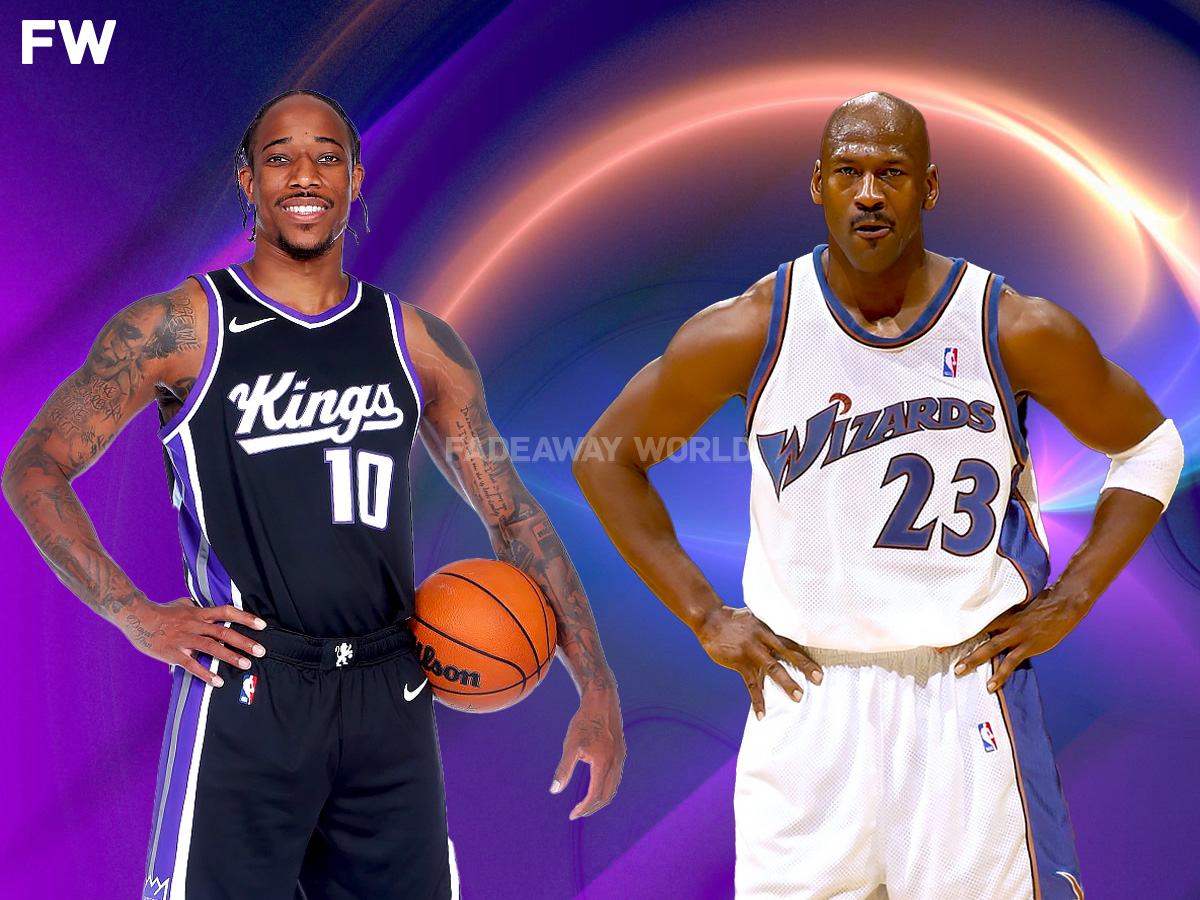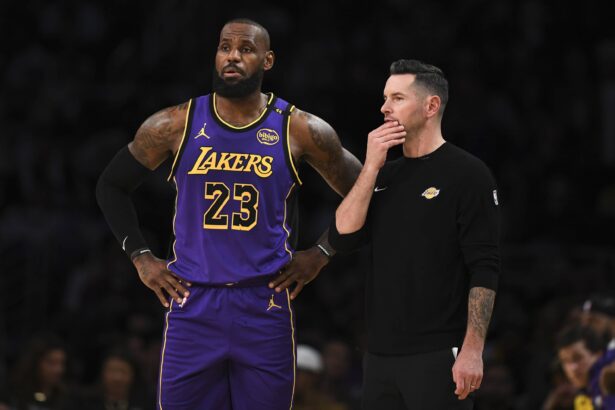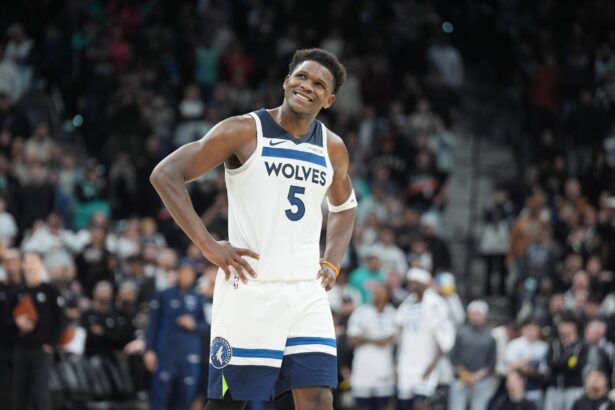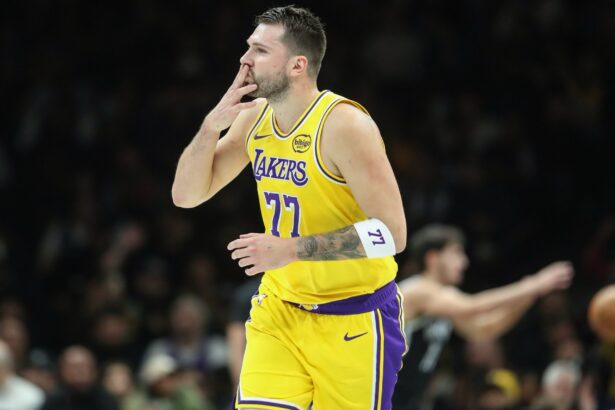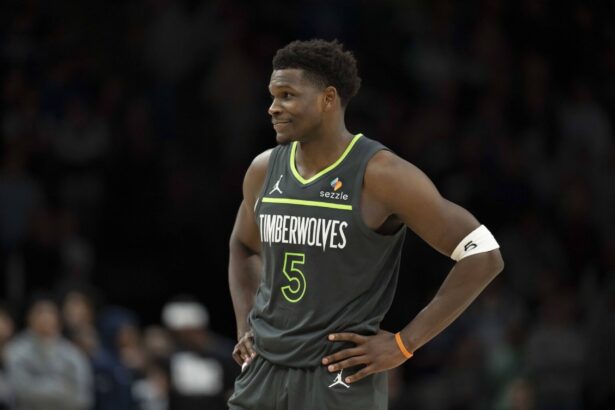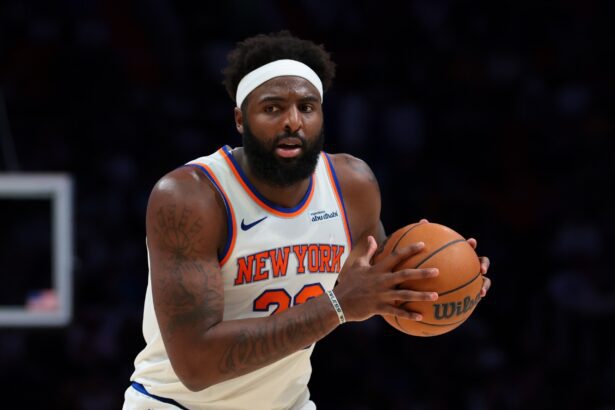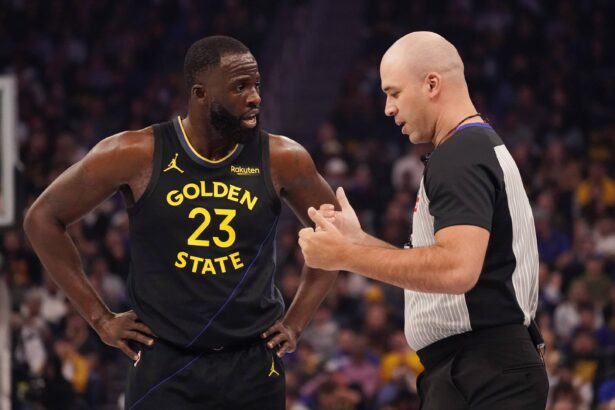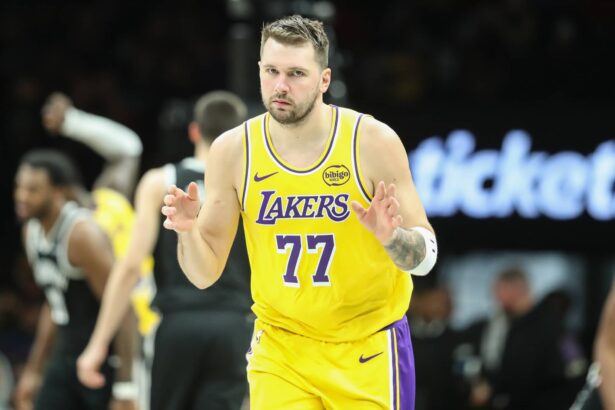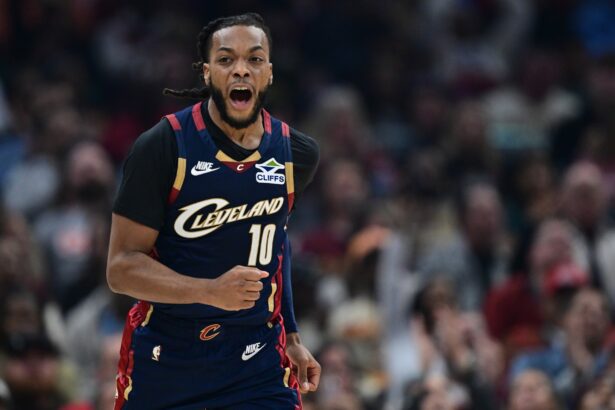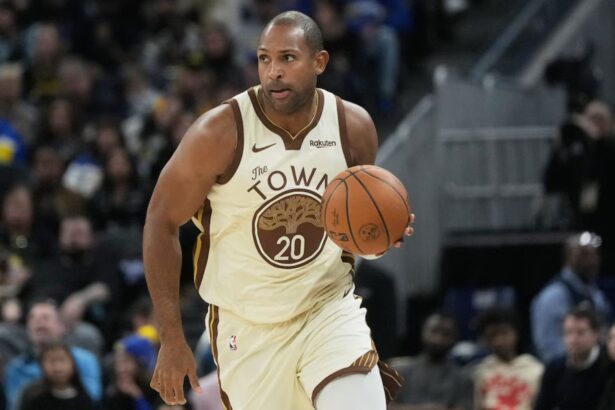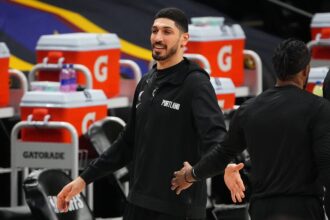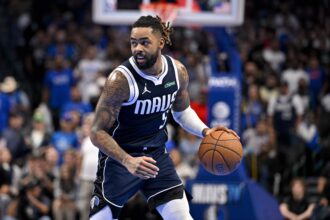DeMar DeRozan recently opened up about how Michael Jordan’s Wizards era has inspired his own game. During an appearance on Paul George’s ‘Podcast P’, DeRozan discussed how watching Jordan’s performances during his two-year stint with the Washington Wizards from 2001 to 2003 helped him adapt his game as he aged.
“If you sit and just watch Wizards Jordan and see how incredible he was from 38 to 40 years old, the way he scored the ball and the way he was able to create his shots from the post, from the elbow.”
“Off one dribble, off two dribbles. Stop, pull-up, how physical he was in the post, how he was able to create contact and still get to the basket. He wasn’t as athletic as he was, but still being able to finish over guys f he’s doing this at this age, let me figure out how to master these things that he’s doing. You don’t see everybody doing that.”
“He was incredible on a bad knee.” (48:40)
DeRozan described Jordan’s play at 38 to 40 years old as incredible, despite the fact that Jordan was no longer the high-flying athlete he was during his prime with the Chicago Bulls. “What stood out to DeRozan was how Jordan, despite dealing with injuries, especially a bad knee, managed to dominate using fundamentals and basketball IQ rather than sheer athleticism.
Jordan, at that point in his career, had lost some of the explosive ability that made him a legend in Chicago. However, as DeRozan pointed out, he compensated for that with his intelligence and skill.
DeRozan, now in the later stages of his career, found these aspects of Jordan’s game particularly useful. He has faced injuries and the natural decline that comes with age, but watching Jordan has helped him develop and refine his own skills. DeRozan emphasized the importance of simplifying the game and mastering core fundamentals like post moves, body positioning, and mid-range jumpers.
DeRozan, a six-time All-Star and one of the NBA’s elite mid-range scorers, has taken these lessons to heart. He has modeled his game around the same principles Jordan employed with the Wizards—relying on skill, footwork, and basketball IQ to outsmart defenders. By studying Jordan’s ability to dominate without relying on athleticism, DeRozan has maintained his effectiveness on the court, even as he moves into the later stages of his career.
For DeRozan, Jordan’s time with the Wizards stands as a masterclass in how to extend one’s career and remain a top-tier player through fundamentals and mental toughness.
Did Michael Jordan Hurt His Legacy By Coming Back To The Wizards?
Many argue that Michael Jordan’s return to the NBA with the Washington Wizards in 2001 hurt his legacy. After retiring twice, including his iconic “Last Shot” with the Chicago Bulls to clinch his sixth championship in 1998, Jordan’s legacy was cemented as arguably the greatest of all time. His comeback at age 38, while admirable, created a stark contrast between the dominant MJ of the Bulls and an aging superstar struggling with injuries on a mediocre team.
During his two seasons with the Wizards, Jordan showed flashes of brilliance but was far from his prime form. His field goal percentage dropped, and the Wizards missed the playoffs both years.
The narrative that Jordan could “walk on water” took a hit as fans saw a humanized version of their idol, no longer the unstoppable force he once was. While Jordan still averaged over 20 points per game, his inefficiency, paired with the Wizards’ poor overall performance, gave detractors a reason to question his decision to come back.
Additionally, Jordan’s return shifted the focus from the perfect storybook ending of his career with the Bulls to a more muddled conclusion. His tenure with the Wizards lacked the playoff heroics or championships that had defined his career, leading some to feel his final chapter was unnecessary and diminished the aura surrounding his legacy.
But, Jordan’s return at age 38 didn’t hurt his legacy as much as some critics suggest. In fact, his ability to still play at a high level after multiple retirements demonstrated his unparalleled passion for the game. It also provided fans a proper farewell tour, something he didn’t get with the Bulls in 1998. Rather than harming his legacy, Jordan’s Wizards’ run showed his enduring love for basketball and helped humanize the icon, making him even more relatable.
Thank you for being a valued reader of Fadeaway World. If you liked this article, please consider following us on Google News. We really appreciate your support.

